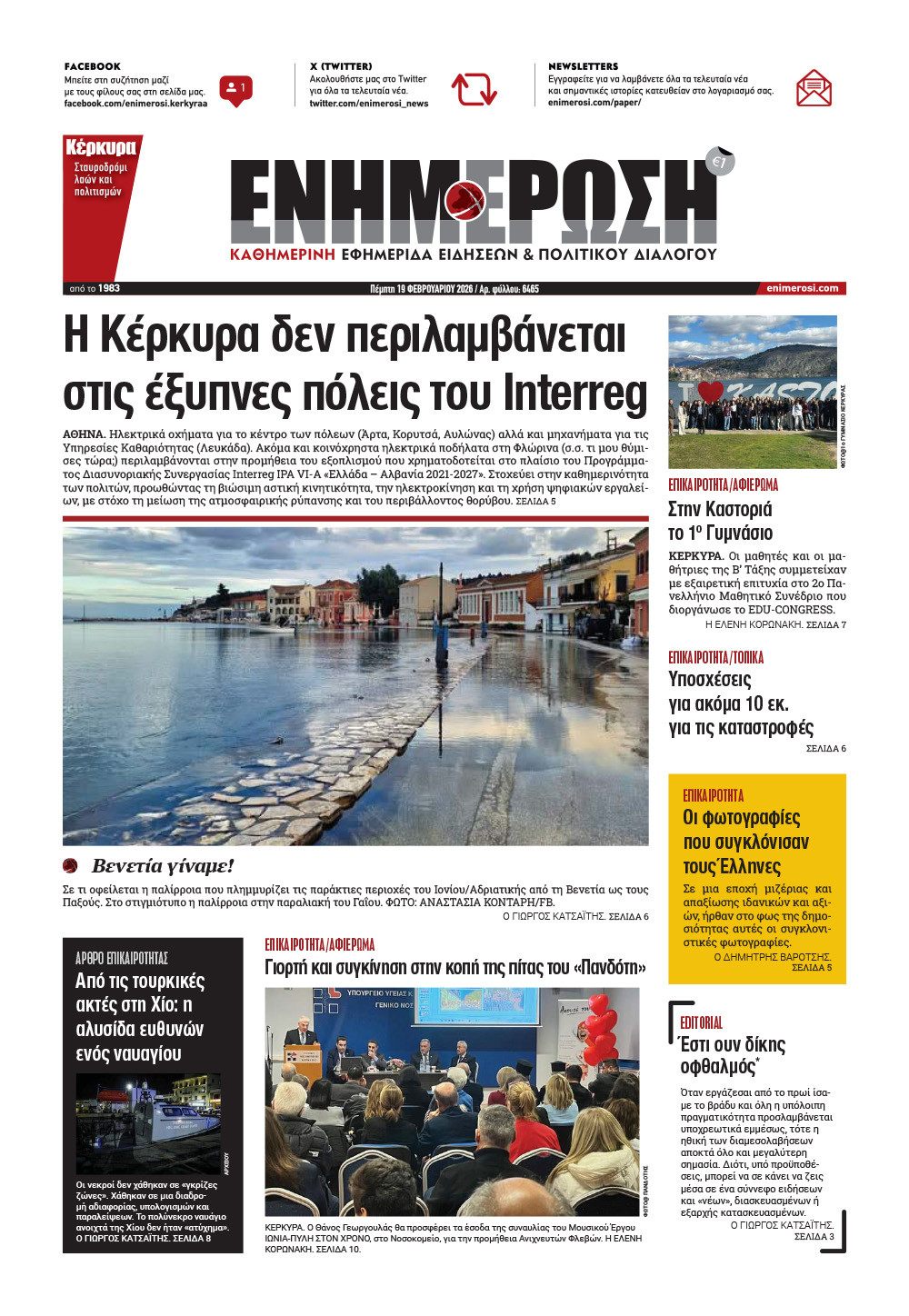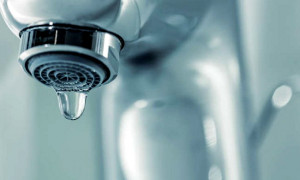1,000-1,300mm rainfall per year and yet we΄re still thirsty?
 Ο Γιώργος Ασωνίτης, Ειδικός Επιστήμονας, Κεντρική Ένωση Επιμελητηρίων Ελλάδος
Ο Γιώργος Ασωνίτης, Ειδικός Επιστήμονας, Κεντρική Ένωση Επιμελητηρίων Ελλάδος
As usual, local authorities, instead of preventing a problem, take action only after it arises.
Kato Garouna and Ai Gordis are in a state of emergency due to water shortage. The wells that have been supplying these areas with water for decades have dried up. The same phenomenon is observed in other parts of the island, where the wells have started to underperform or dry up.
However, rainfall on the island is abundant along the coasts and even more so in the inland hills, amounting to about 1,000 to 1,300 mm (40 to 55 inches) per year. So why is there a water shortage on the island?
As usual, local authorities, instead of preventing a problem, take action only after it arises. Thus, they are now forced to take restrictive measures such as banning the filling of private swimming pools with water from the public water supply, limiting water use to domestic needs (avoiding waste on watering plants, cleaning streets, etc.), encouraging hospitality and catering businesses to inform their customers about the need to save water, etc. Finally, they are now drilling new, deeper wells to find an adequate amount of water and improve the water supply network.
However, barring a miracle, it is impossible to solve a long-standing problem with such firefighting solutions. Long-term solutions must be found, which requires a multifaceted approach.
Firstly, desalination can be a viable solution. New desalination plants will ensure a sustainable water supply (e.g. a desalination plant in Chrysiida).
Secondly, hybrid renewable energy systems such as wind, solar, etc., can improve energy efficiency and support water treatment processes. These systems can be created by local energy communities, as provided for by the European framework, without the need for involvement from large private companies.
Thirdly, the circular water economy involves innovative methods that are already being implemented on other islands. For example, in Lesvos, integrated technologies manage wastewater, produce biogas, and create water loops for irrigation and fertilization. European projects, such as HYDROUSA, have piloted circular water technologies on Greek islands. These systems collect, process, recycle, and reuse water sustainably.
Fourthly, balancing the needs of tourism and water is essential. Sustainable practices can reduce water consumption in the hospitality sector. Eco-tourism accommodations, like those in Tinos, recycle wastewater and rainwater for garden irrigation.
Lastly and most importantly, water management must be approached in an integrated manner by a unified body that will coordinate efforts at all levels.
Otherwise, we will all be left thirsty.
Giorgos Asonitis is a Specialist Scientist at the Central Union of Hellenic Chambers of Commerce.












